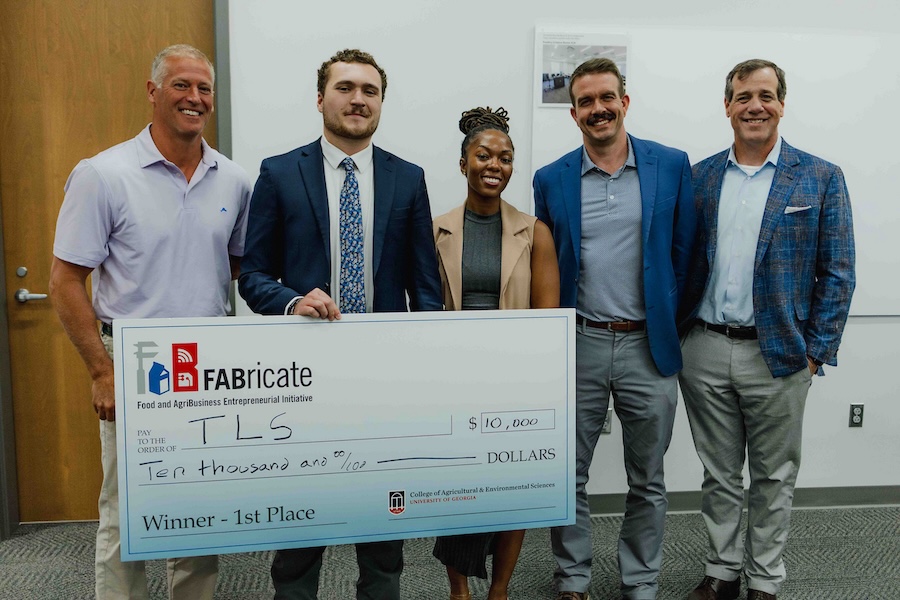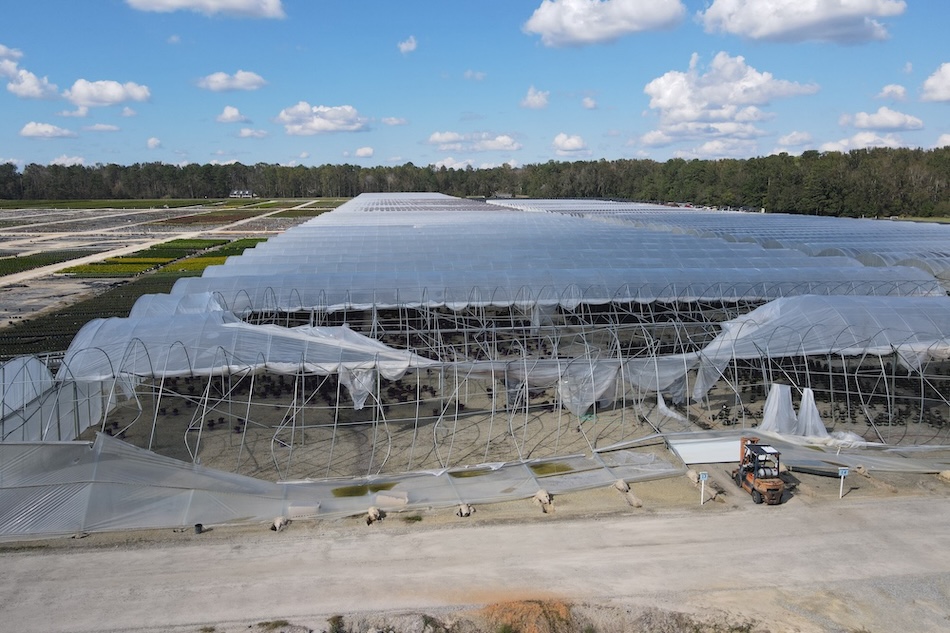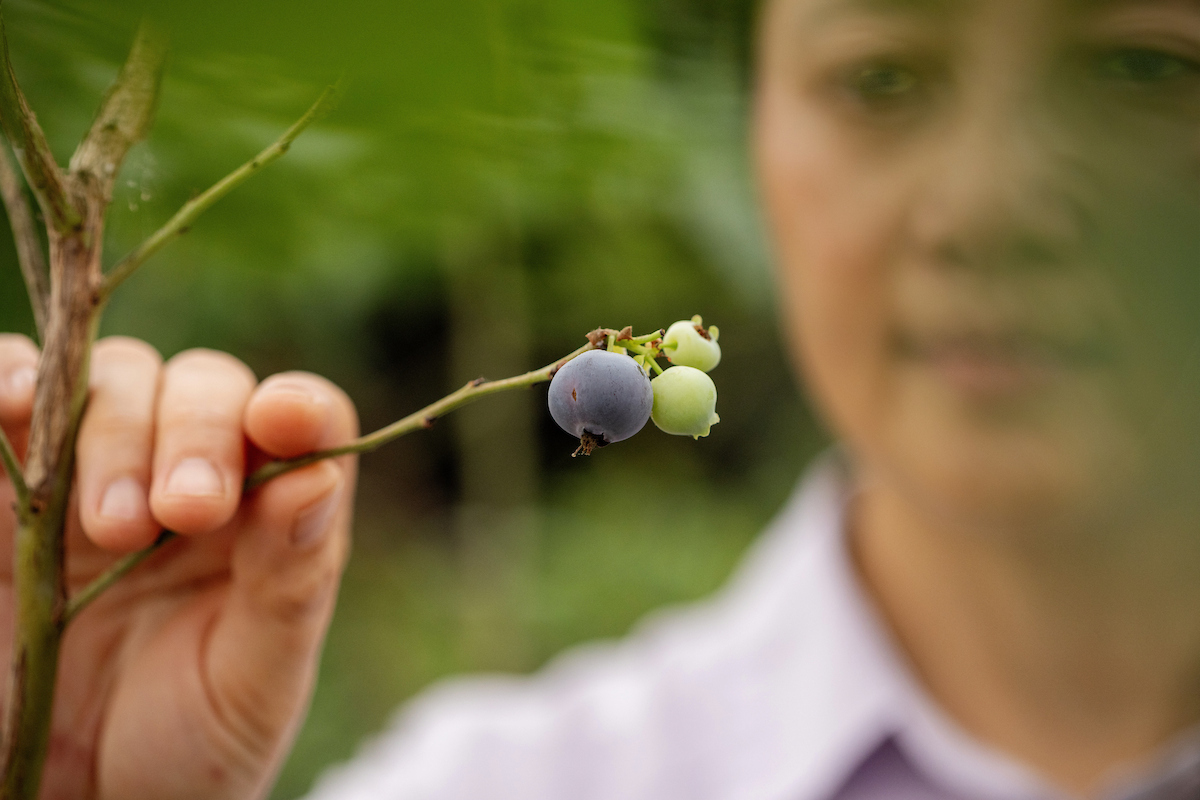 CAES News
CAES News
Private Support
More than 72,460 University of Georgia supporters contributed a record $300.4 million to the university during the fiscal year that ended June 30 (FY25). This is the first time university fundraising has surpassed $300 million. Most recently, the Delta Air Lines Foundation committed $5 million to the Hospitality and Food Industry Management program in the College of Agricultural and Environmental Sciences to expand hands-on learning opportunities for students by launching the renovation of the Georgia Center for Continuing Education & Hotel.






.jpg)


